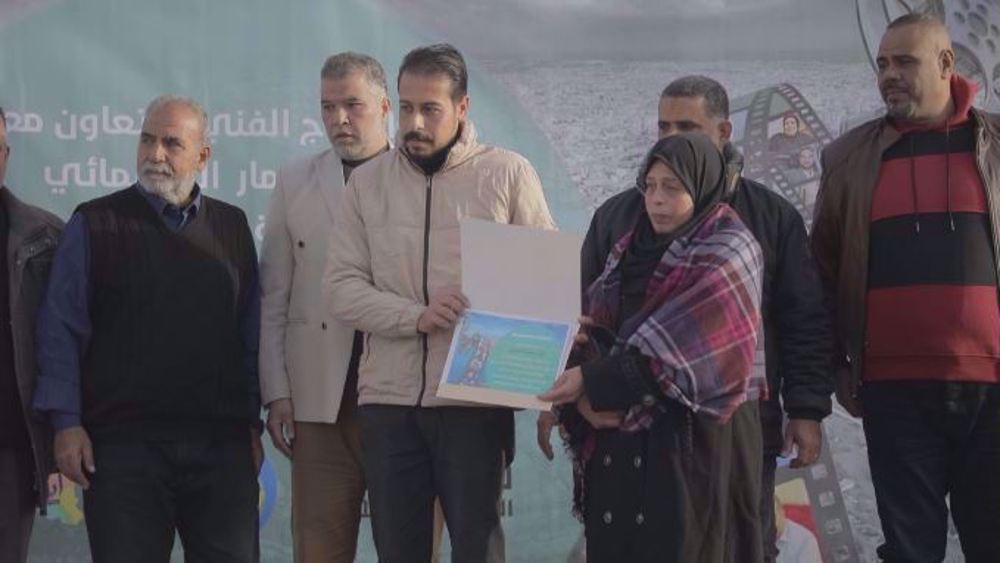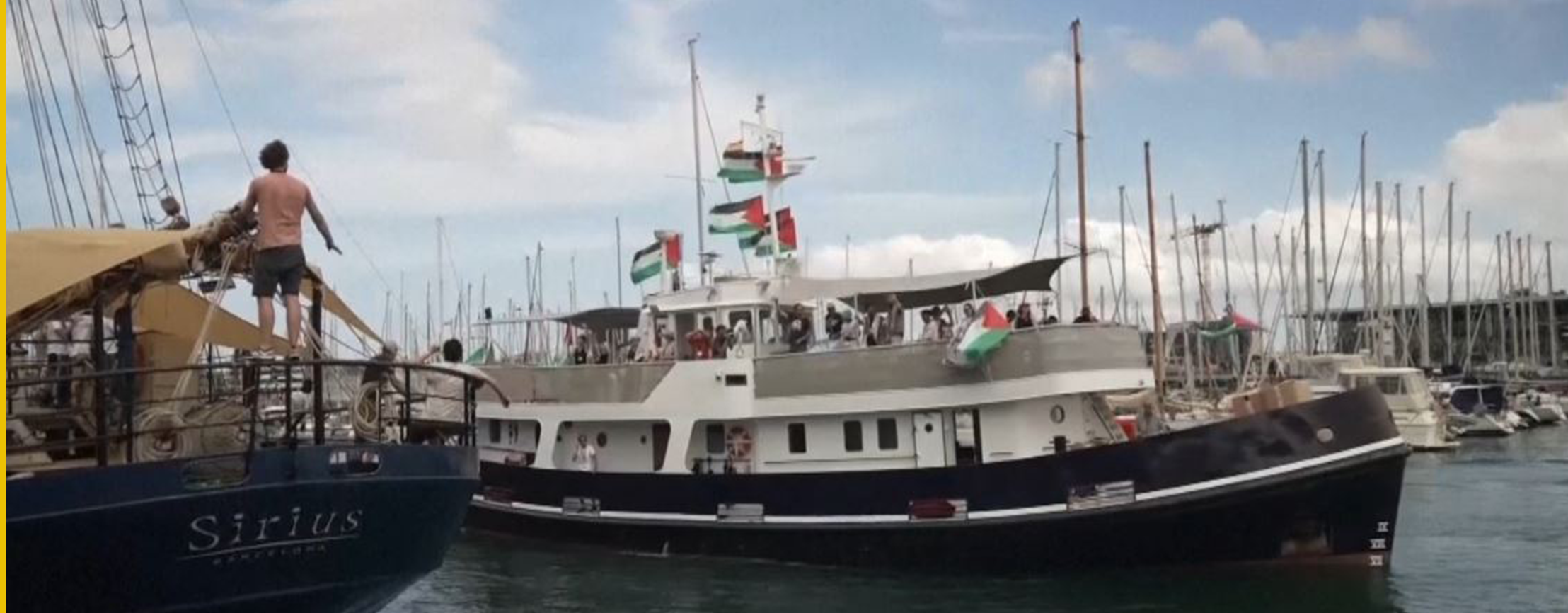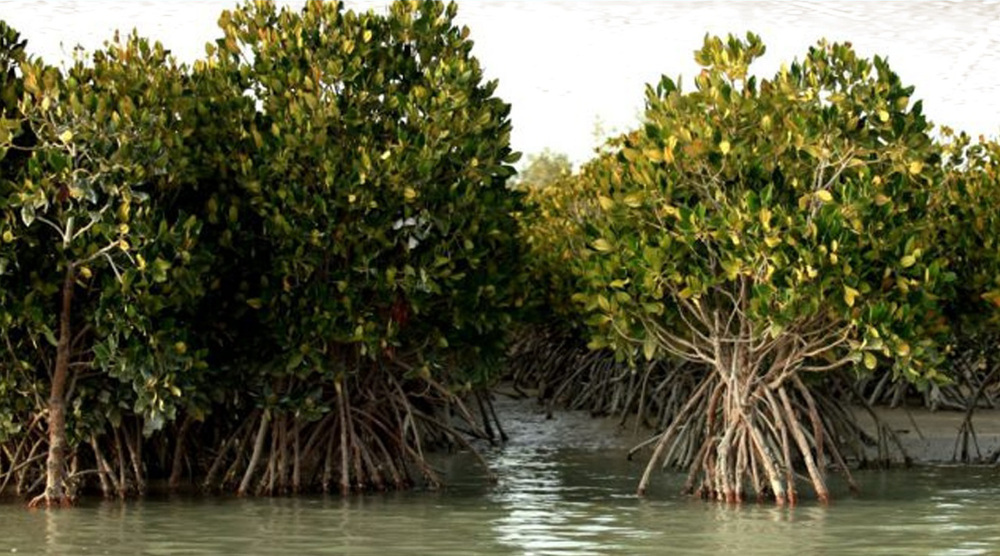Covid-19 pandemic forces more countries to distance themselves from US
Bianca Rahimi
Press TV, London
The Covid-19 pandemic seems to have given added urgency to discussions within Europe, about preserving the Iran nuclear deal. For the signatories of the JCPOA it has been another opportunity for Europe to prove it can withstand US pressure.
Donald Trump withdrew from the hard-won deal in 2018, forcing France, Germany and the UK to come up with a way of circumventing the re-imposed sanctions, and the new ones. But only now have words become tentative action.
· On the 31st of March the E3 finally utilized INSTEX, the Special Purpose Vehicle they set up to circumvent US sanctions, to send medical supplies to Iran to fight COVID-19
· The E3 also says it will send Iran another €5 million through the WHO or other UN agencies
· And it has agreed Iran and Venezuela should receive financial support from the International Monetary Fund to have
Iran is one of the countries hit the hardest by the Pandemic. Sanctions that were biting before, are now even more life threatening.
In June 2019 US president Donald Trump yet again defended his withdrawal from the deal saying it was very popular.
But only a few months later six more European countries – Finland, Belgium, Denmark, the Netherlands, Norway, and Sweden – joined the INSTEX and reiterated that they “attach the utmost importance to the preservation and full implementation of the JCPOA by all parties involved”.
In early 2020 Russia, one of the original signatories to the deal, defended Iran’s right to European support.
Russia is now urging INSTEX be expanded beyond Europe’s borders.
Iran is one of the countries hit the hardest by the pandemic. The European Union and the United Nations have called for the US to immediately lift sanctions imposed on various countries around the world amid the outbreak. But while global efforts to beat the virus gain momentum, the US is refusing to join the fray – and is now threatening to cut off funding to the World Health Organization.
US systematically paralyzing international institutions, Iran tells APA session
Iranian Embassy condemns Israeli airstrikes in southern Lebanon
10 foreign spy agencies involved in plot to destabilize Iran: IRGC intelligence
VIDEO | Gazans pay tribute to Palestinian artists killed by Israel, honor their families
Minneapolis murders by ICE – backed by Trump – push US to the brink as protests intensify
Zelensky claims US security pact '100% ready' as war continues
Lebanese journalist targeted for exposing President Aoun’s pro-US, anti-resistance agenda
Wave of Israeli attacks target southern Lebanon in latest ceasefire violation









 This makes it easy to access the Press TV website
This makes it easy to access the Press TV website